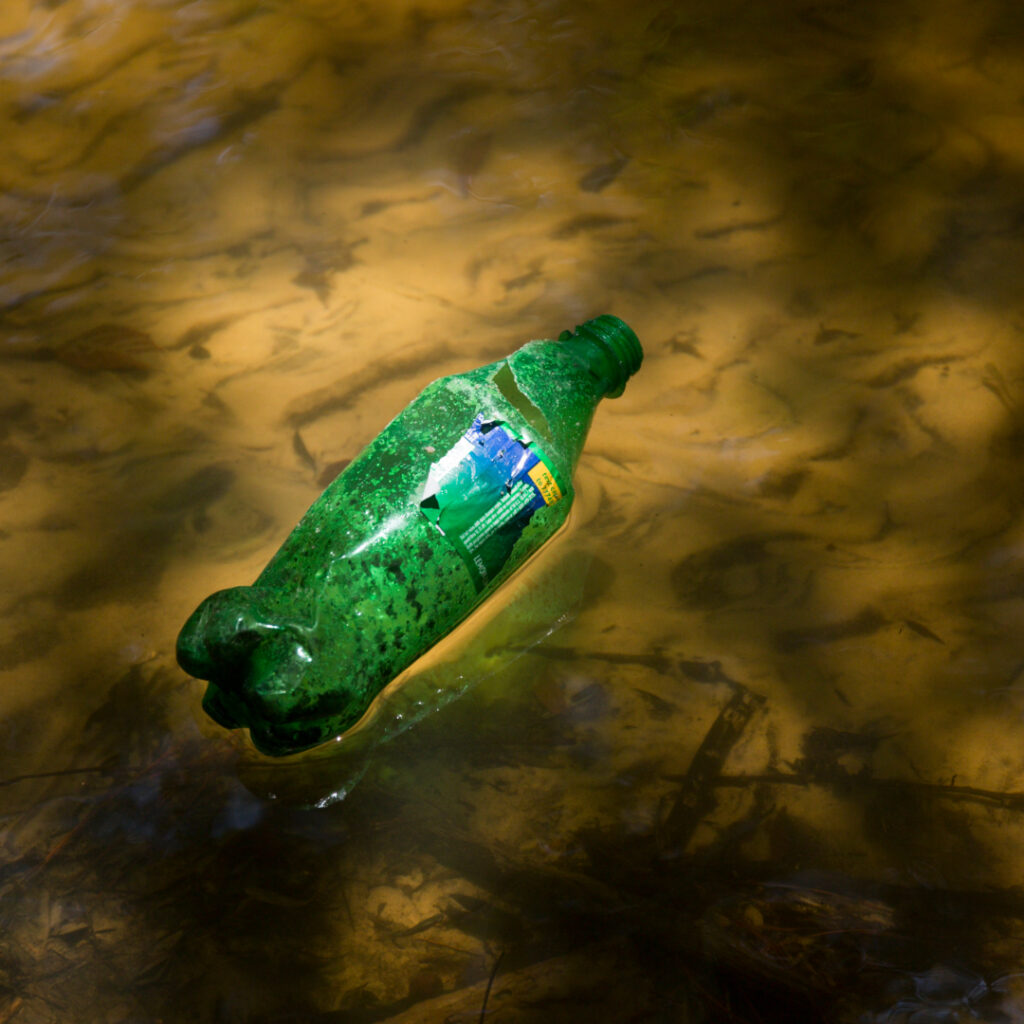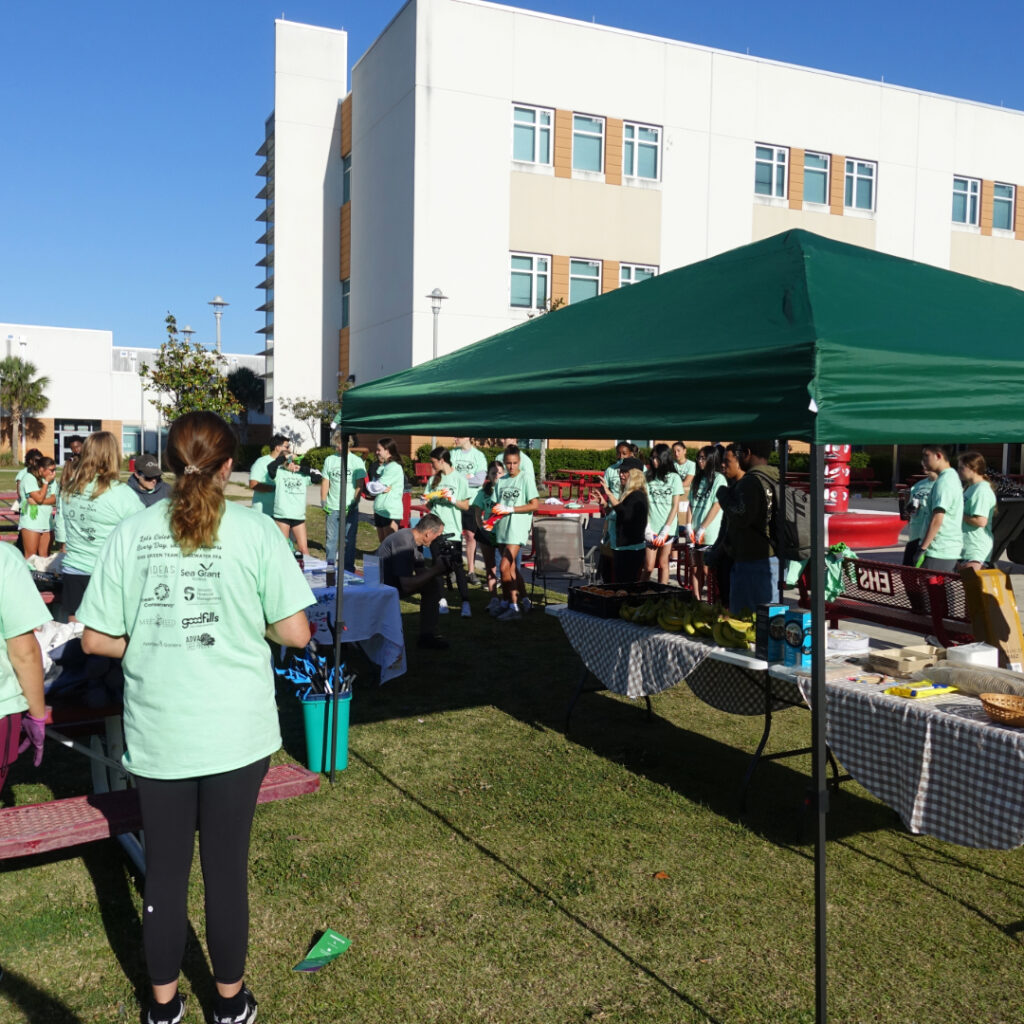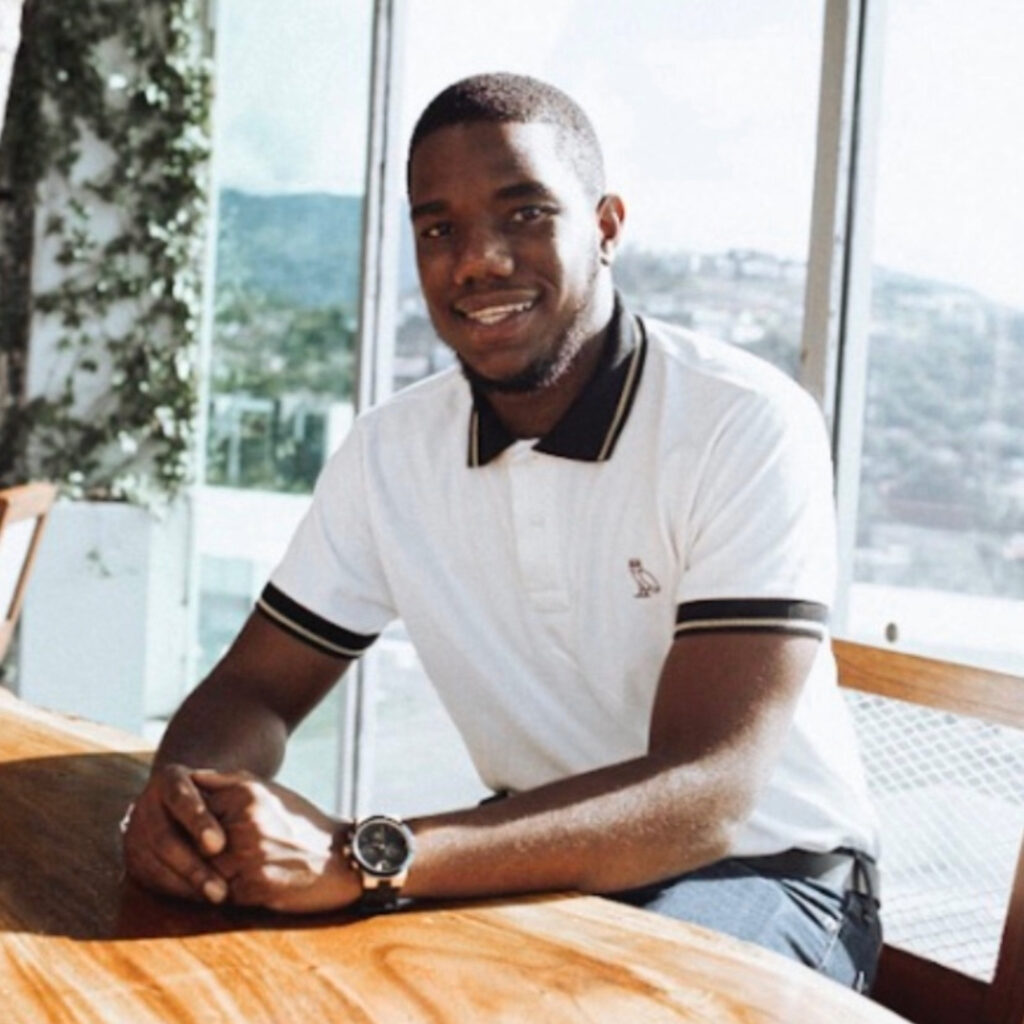 Orange County is the fifth-largest waste producer in Florida. As Orlando grows, it faces the challenge of protecting the environment while supporting business. To help, the Ocean Conservancy piloted a project called Plastic-Free Cities in Miami-Dade County in 2022. In 2024, Florida Sea Grant partnered with Ocean Conservancy and IDEAS For Us to replicate this project in Orlando. Plastic Free Cities Orlando is training young people to work with local businesses to reduce single-use plastics. This project is supported by a National Oceanic and Atmospheric Administration (NOAA) $27 million investment through NOAA Sea Grant’s Community Action Coalition Grant Program to address the prevention and removal of debris in coastal, marine and Great Lakes environments.
Orange County is the fifth-largest waste producer in Florida. As Orlando grows, it faces the challenge of protecting the environment while supporting business. To help, the Ocean Conservancy piloted a project called Plastic-Free Cities in Miami-Dade County in 2022. In 2024, Florida Sea Grant partnered with Ocean Conservancy and IDEAS For Us to replicate this project in Orlando. Plastic Free Cities Orlando is training young people to work with local businesses to reduce single-use plastics. This project is supported by a National Oceanic and Atmospheric Administration (NOAA) $27 million investment through NOAA Sea Grant’s Community Action Coalition Grant Program to address the prevention and removal of debris in coastal, marine and Great Lakes environments.
“Even though Orlando is inland, it sits near the headwaters of the Kissimmee River. Stretching 103 miles long with an extensive floodplain and diverse wildlife habitat, the Kissimmee River discharges into Lake Okeechobee and trickles southward into the Everglades – Florida’s most critical carbon sink. When heavy rain or hurricanes cause flooding, waste like single-use plastics can spill into rivers and eventually reach the ocean. We hope the Plastic-Free Cities Orlando project will help residents recognize that watersheds like this connect all of Florida with the ocean”.

Plastic-free Cities tabling at local Orlando high school. Image by Georgio Docteur.
The youth in Miami-Dade are a testament to the Plastic-Free Cities program’s success. Over 240 students from across Miami-Dade participated in the program in 2022-2024, helping businesses eliminate over 1.2 million plastic items annually.
Local governments across Miami-Dade County took notice of the youth’s ambition and dedication. As a result, the City of Doral committed to educating Doral businesses about the Plastic Free 305 program and passed a resolution to make all City of Doral property 100% plastic-free.
“As our nation’s future, young people will be the most impacted by the consequences of our actions today. They can have a large impact when they choose to take the lead in their community against marine debris and plastic pollution. However, having the background knowledge, skills, and support to speak confidently is essential. Adults are more likely to learn, support action, and set aside political differences when youth lead efforts against marine debris. Young people bring new ideas to the table that can excite and inspire older generations.”
Georgio Docteur, a Public Administration and Urban Planning student at the University of Central Florida, is the Plastic-Free Cities Orlando Sea Grant Fellow. In his role, he was trained in activating local communities to reduce plastic usage, collecting data about plastic use from neighborhood businesses, and providing recommendations to businesses on how to operate more sustainably using tools developed by Debris Free Oceans and the City of Orlando.
We hope the Plastic-Free Cities Orlando project will help residents recognize that watersheds like this connect all of Florida with the ocean.

Plastic-Free Cities Orlando Sea Grant Fellow, Georgio Docteur.
“It is my first time working with plastics, but this position allows me to interact with my local community and make effective changes. From an urban planning perspective, this project relates to environmental planning and management, seeing how the city’s design can impact how plastic affects our waterways. From a public administration perspective, it equips me to gain the communication and facilitation skills when proposing new solutions. Some businesses want to make sustainable changes but are wary of the costs of plastic-free products. By providing alternatives such as straws made from hay and bamboo, businesses can test out the products that offer significant financial advantages,” says Docteur.
The Plastic-Free Cities project embraces a “rippling” approach to sharing knowledge, where information shared with one group is passed along to others. Docteur has partnered with IDEAS For Us to bring plastic education into local high schools, inspiring students to engage with businesses in their communities. Through canvassing field trips, students learn how to craft compelling elevator pitches, participate in cleanups, and explore interactive activities highlighting the economic benefits of reducing single-use plastic. One such activity, the Card Sort exercise, challenges students’ assumptions about product sustainability and reveals the complexities of categorizing everyday items.
Just as students find themselves engaged, Docteur is reminded that this fellowship is about educating, creating change, and being a disciple himself.
“I’m learning about the environment and minimizing plastic, and it’s a great learning experience even for me! I’ve started using compostable plates and cups, and have passed the message to my family and neighbors. I always share videos and pictures of what I do to inspire others. Orlando is a wonderful city, and we must keep it clean and healthy.”